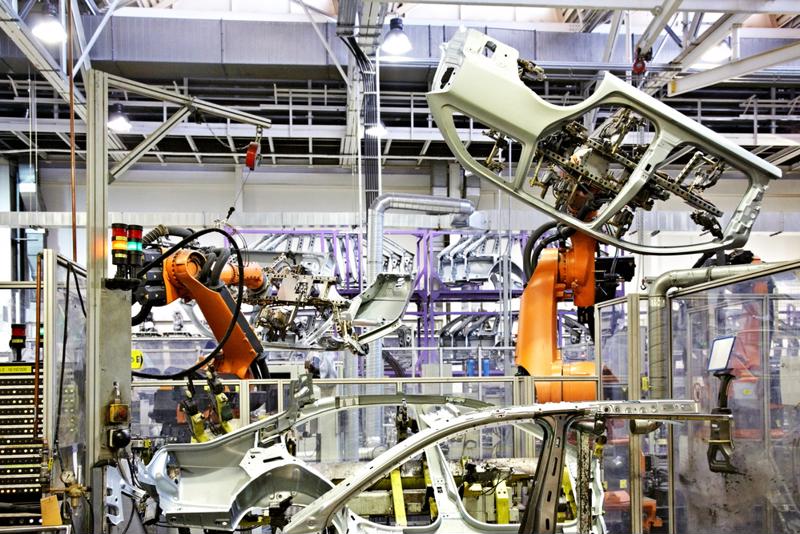

The rise of automation in vehicles has become an unmistakable trend, from fully self-driving vehicles down to the individual components that make up these cars and trucks. The progress in adding automatic features is likely to be a major developmental focus area for manufacturers in the years ahead, especially if automation is required by law.
This drastic change to an essential component of vehicles underlines the need for effective testing before parts are put into full production. In the months and years ahead, long-held standards may be replaced . It's important for newly developed parts to receive a barrage of tests to ensure they are safe and ready for widespread use.
International standards up for discussion at UN
Will automatic braking in cars become standard around the world? This question will likely impact automakers significantly, meaning they should keep an eye on a recent effort by Japan's Land, Infrastructure, Transport and Tourism Ministry to have the matter discussed by a United Nations panel.
The Japan Times reported that the Japanese government agency wants to ensure cars within Japan have automatic brakes, and will see if the UN is willing to set up global standards before determining its own finalized policy.
The news provider noted that if this push by Japan is successful, automakers may have an easier time selling their vehicles across international borders, with no need to change their automatic braking features. The current discussions only concern passenger cars, as heavy trucks and public transit buses already have relevant standards.
NTHSA plan targets 2022, consumer groups want more
In the U.S., there is a separate discussion on automatic brake standards occurring. While the National Highway Traffic Safety Administration unveiled a voluntary agreement with 20 automakers that would phase in automatic brakes in all vehicles by 2022, The Detroit News reported that the government agency is being sued by consumer advocacy groups for not pushing hard enough on the issue. The organizations suing have stated that the NTHSA's focus on self-driving vehicles is distracting it from establishing hard standards on other issues, mandatory automatic brakes among them.
When the deal was newly struck, in March 2016, The Los Angeles Times presented the details of the agreement. The newspaper noted that automatic brakes have progressed from a luxury feature to a more common safety tool in recent years.
The NTHSA agreement would codify their adoption by the 20 automakers that signed on, but the braking systems seem poised to become standard by then anyway. Kelley Blue Book analyst Karl Brauer told The Los Angeles Times that automatic brakes will simply be a mark of a competitive, relevant automaker by 2022.

A feature of automated vehicles
While the aforementioned consumer groups draw a distinction between automated braking and self-driving vehicles, it seems clear that fully-developed braking technology will be necessary to make automatic cars a mainstream form of transportation. Therefore, the fate of these two development paths is bound together: there can be no self-driving car takeover until automatic braking systems are fully reliable.
The Trucker recently noted the release of the Department of Transportation's latest automated vehicle rules. These follow on the heels of a deadly crash of a Tesla Model S using automated driver assistance features at the time of the accident. That vehicle did sport an automatic braking system for use in emergencies, which means investigators will want to know what happened when setting and adjusting relevant standards.
Braking is new again
The act of stopping a car is as old as the automobile itself. With the massive changes automation brings, however, manufacturers are going back to the drawing board. A revision of policies and standards, coupled with the need for new research and development, could be a great reason to request a complimentary brake testing consultation from Greening. It's time to get every vehicle component ready for a new world.